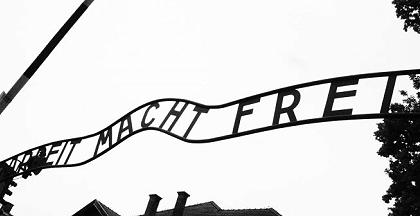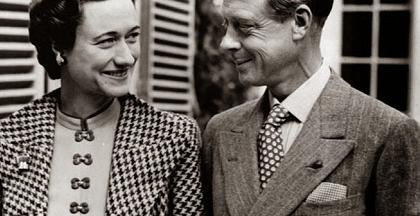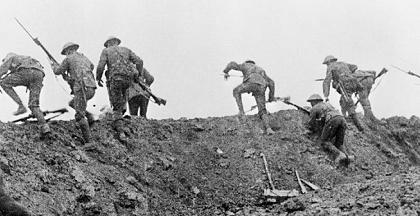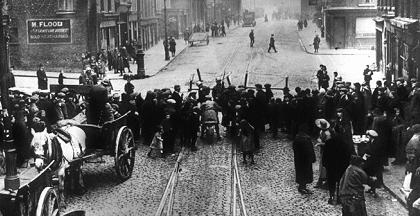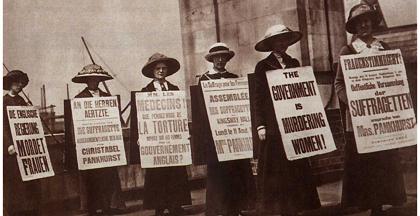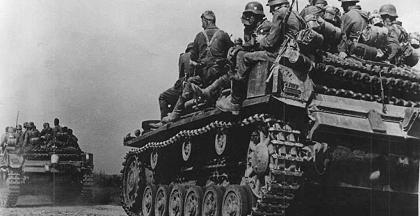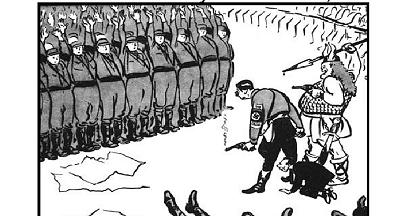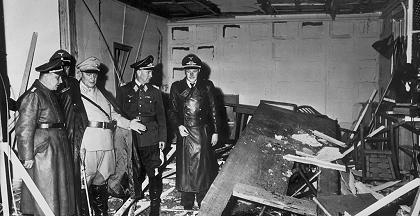20th Century History Articles
The 20th century was an era of unprecedented global change, from world wars and political revolutions to cultural shifts and technological breakthroughs. It reshaped societies worldwide and influenced modern thought, art, and governance as we know them today.
The Wannsee Conference
The Wannsee Conference of 20 January 1942, was a cross-departmental meeting of the Nazi government. Its goal was brutally and clinically simple: to organise the final solution to the Jewish question.
Edward VIII and the Abdication Crisis
On 11 December 1936, Edward VIII abdicated after spending just 11 months on the throne. His reason was simple: he wanted to marry the socially-unacceptable love of his life, Wallis Simpson. This left a trail of intrigue, rumour and recrimination that still lingers on today.
The Battle of the Somme
At 7.30 on 1 July 1916, as the whistles fell silent, men climbed out of their trenches and headed across No Man's Land, with the objective of reaching and taking the German lines. So started the Battle of the Somme, remembered as one of the bloodiest British battles of the First World War.
The Easter Rising, 1916
The Easter Rising of 1916 was one in a long line of attempts by Irish republicans to break free from British rule and declare an independent Irish Republic. A bloody and possibly foolhardy revolt, it was bloodily suppressed with far-reaching consequences for the Irish nation.
The Death of Emily Davison
On 4 June 1913 suffragette Emily Davison stepped in front of King George V’s horse, Anmer, at the Epsom Derby. She was trampled and died in hospital four days later. She is recognised as a hero and martyr for women’s rights, although most of her actions today would be considered terrorism.
Operation Barbarossa: Invading the Soviet Union
On 22 June 1941 the Nazis launched Operation Barbarossa, the biggest invasion force in the history of warfare against their ally, the Soviet Union. The invasion date was planned for 15 May 1941, which would have given Hitler much more of the summer season to conquer Russia, but was delayed.
The Night of the Long Knives
Starting on the night of the 30 June 1934, the Nazis removed their political opponents and paramilitary supporters in a single purge in what became known as the Night of the Long Knives. Having gained political power in the 1933 election, Hitler needed to make sure his position was secure.
The 20 July Bomb Plot
On 20 July 1944, Claus von Stauffenberg entered the conference room at the Wolf’s Lair in Rastenburg, East Prussia, carrying a briefcase with a primed bomb. Shortly after the start of the meeting, he received an urgent telephone call and excused himself, leaving the briefcase on the floor by Hitler.

